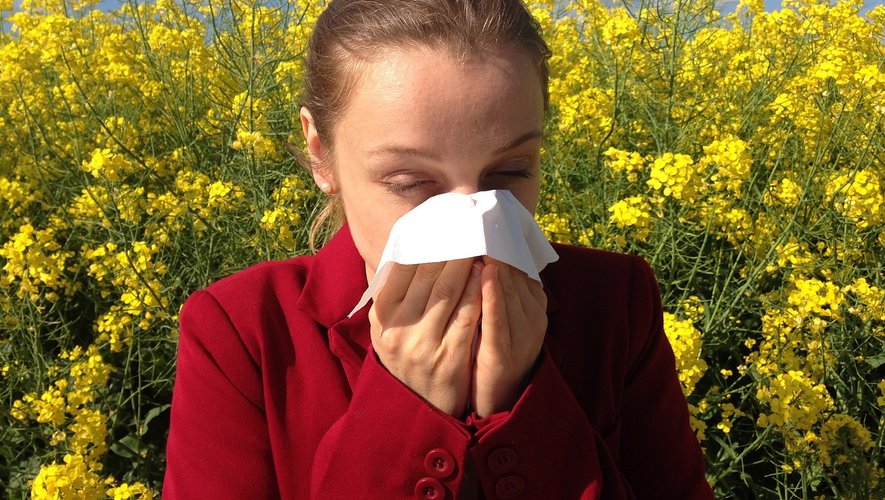For several weeks the Hautes-Pyrénées have suffered from a high concentration of grass pollen, despite the rain. The department is still on red alert for the days to come.
The end of spring rhymes for many with “stuffy nose” and “runny eyes”. Respiratory allergies affect one in four people in France, according to the National Aerobiological Surveillance Network (RNSA).
This week is going to be complicated for those allergic to grass pollen! Strength and courage to you! Take your treatments well and limit your exposure to pollen!
Here are the modeling maps of grass pollen concentrations: https://t.co/ZKwESsXdO2 pic.twitter.com/pG1cV3N5zN— National Aerobiological Surveillance Network (@rnsa_pollen) June 6, 2023
The Hautes-Pyrénées are on red alert even if we can see on the maps above various situations depending on the sector. A red alert that has persisted for several weeks, however the grasses seem less aggressive than usual. The bad weather that has been raging for several weeks in the Hautes-Pyrénées could have a link with this impression.
Thank you rain
Rain has an effect on pollen, but is it really an ally for allergy sufferers? “As it falls, the rain cleans the air, it deposits the pollen on the ground. However, it is only a postponement for grass pollen. Worse, the rain, even if it offers a respite, risks getting worse the situation the following days. Plants need water to grow. This rainwater supply therefore promotes the development of plants and their pollination a few days later”, underlines Samuel Monnier, engineer and communication manager at RNSA.
Storms also have an impact on pollen. “During thunderstorms, heavy rain also deposits pollen on the ground, but a stormy episode can make the situation worse for allergy sufferers. The problem is the wind, it generally precedes thunderstorms and unlike the rain which deposits pollen on the ground, the wind disperses it much more quickly. It is advisable not to go out too much before thunderstorms for sensitive people”, adds the RNSA engineer.
“The May rains have greatly contributed to the development of pollinating plants. For the moment, the rain in certain sectors (including the Hautes-Pyrénées) gives the impression of a respite, but we are coming into the worst period for pollen in grasses, from the end of June to the beginning of July. Be careful, in certain mountain areas like your department, the altitude means that certain plants disperse their pollen a little later, until the middle of summer.”
The pollen should really be felt when the good weather returns. The concentration is strong and simply waits for the right moment to disperse.
The right steps to limit the risk of allergy
Rinse your hair as much as possible in the evening, they are a real magnet for pollen and other particles which can then settle on your pillows.
Open your windows early in the morning and in the evening, preferably when the sun has set.
Do not dry clothes outside.
Avoid outdoor activities that facilitate contact with pollen. When traveling by car, keep the windows closed.

